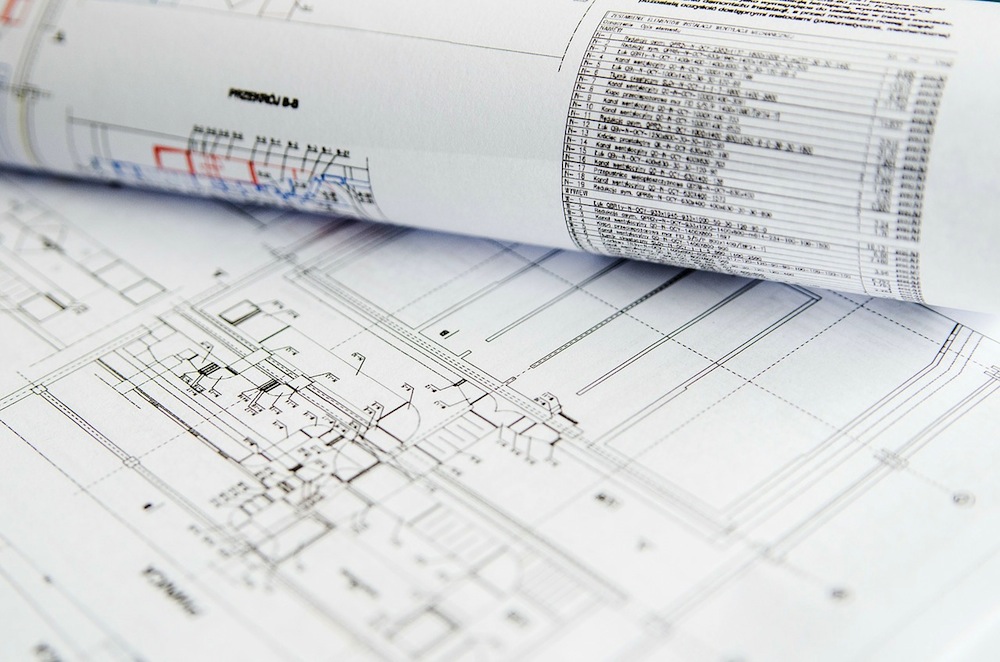The American Institute of Architects (AIA) and The International Code Council (ICC) have reached a formal agreement to collaborate across a wide range of initiatives including code development, compliance, sustainability, energy conservation, and increasing building code knowledge among architects.
Among the common objectives under the five-year pact:
- Model Code Development: Form partnerships to cooperate in the development of the family of I-Codes.
- Education and Training: Develop and provide access to educational courses and, working with industry partners, will promote focus on codes training.
- Advocacy: Establish joint activities to develop and initiate advocacy campaigns for important issues relevant to architects and code officials.
- Engaging member groups: Provide opportunities to connect internal member committees and working groups.
- Communications: Communicate news and information that is relevant to both organizations’ members.
- Digital Transformation: Provide resources that support information and technology initiatives focusing on the interface between architects, codes, code officials, and other industry professionals in the design and construction process.
"Our combined membership, consisting of practicing design professionals, code officials, and the building industry representatives, supports the development of codes and standards that protect the health, safety and welfare of the public at large,” said AIA CEO Robert Ivy, FAIA. “Through this significant agreement, both the AIA and the ICC agree to work more closely to achieve our common goals.”
Related Stories
| Mar 22, 2012
Bill would reintroduce “opt-out” provision in lead paint law
The Lead Exposure Reduction Amendments Act of 2012 (S2148) would restore the "Opt-Out" provision removed from the Environmental Protection Agency's Lead Renovate, Repair and Painting (LRRP) rule in April 2010.
| Mar 15, 2012
New Florida building code establishes flood and storm surge provisions
The new 2010 code establishes minimum design and construction requirements to protect buildings from wind, rain, floods, and storm surges.
| Mar 15, 2012
Illinois city rejects international code due to home sprinkler requirement
Macomb, Illinois aldermen voted to recommend that the city not adopt 2012 international building and residential code standards requiring the installation of overhead sprinkler systems in newly constructed one-family and two-family homes.
| Mar 15, 2012
Tenant advocates propose licensing landlords in New York City
With thousands of New York City rental units posing potential dangers to tenants, city advocates are proposing measures to make landlords improve building safety.
| Mar 15, 2012
Construction industry a big winner in federal small disadvantaged business procurement
Last year, only 5% of federal contract dollars went to small disadvantaged businesses. Construction and facilities support firms were the biggest beneficiaries.
| Mar 15, 2012
ANSI approves new fall protection standards
The American National Standards Institute (ANSI) has approved two American Society of Safety Engineers' (ASSE) standards addressing fall protection.
| Mar 8, 2012
Engineering innovation provides new option for meeting seismic codes in skyscrapers
Two University of Toronto engineers have developed “viscoelastic-energy-dissipating dampers” to replace many of the heavy concrete beams used in tall structures.
| Mar 8, 2012
CSI webinar on building code compliance March 22
A March 22 webinar will provide an overview of a 28-step process during the design of a building to ensure compliance with building codes.















